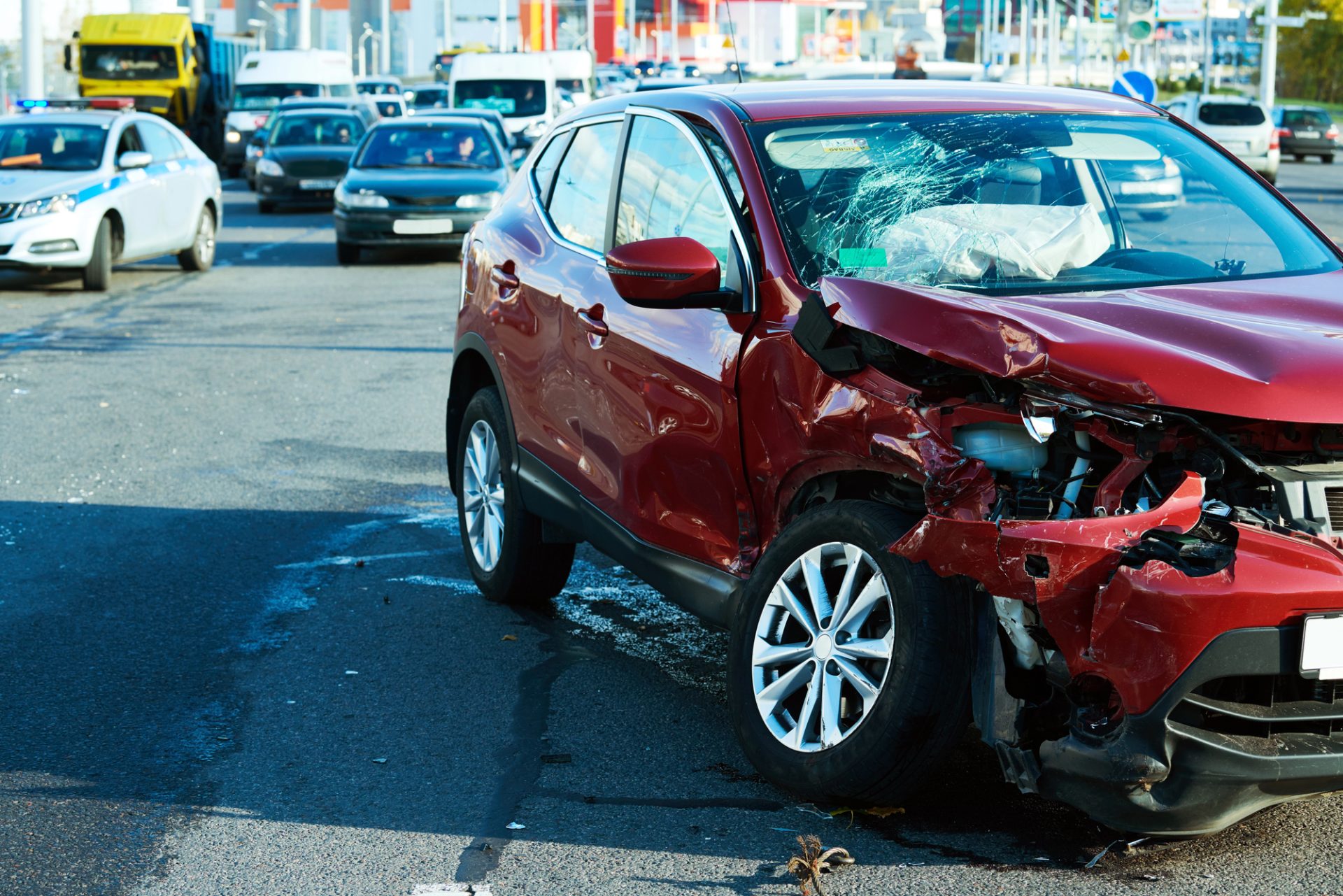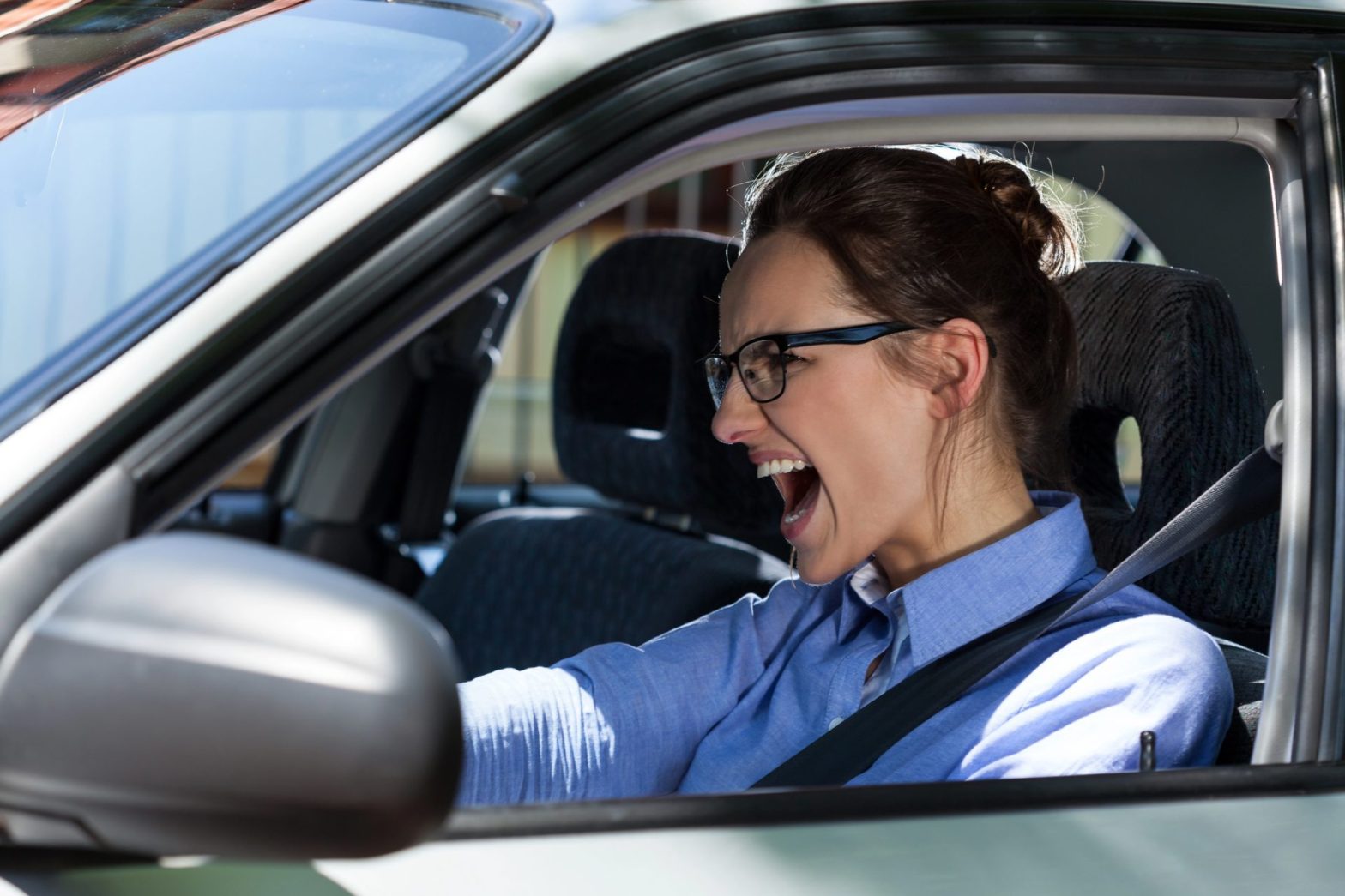Reckless driving is fairly common across the United States, and there is no dearth of motorists who feel it is okay to take risks because they’re very sure about their skills. However, the fact remains that reckless driving accidents continue to take place at regular intervals, and while some lead to serious injuries, some end up in fatalities as well. As a victim of an accident that involves reckless driving, know that the law gives you the right to seek compensation for your damages.
What Is the Meaning of Reckless Driving?
Understand that reckless driving laws vary from one state to another, and while there are common threads, the specific definitions and penalties can differ significantly. In New York, Section 1212 of the Rules of the Road prohibits reckless driving and defines it as driving an automobile in a way that puts people’s safety at risk or impedes them from using roads and parking lots freely and properly.
Is Reckless Driving a Felony?
Driving recklessly in New York in not a felony, but it is a misdemeanor. However, it can still come with stiff penalties in the form of:
- Jail time.
- A criminal record.
- Fines.
- Points on your driving record.
- Suspension of driver’s license.
Reckless Driving in Numbers
Data collated by the Pew Research Center offers some great insight into reckless driving in the U.S. For starters, it points out that close to half of all Americans feel that drivers in their neighborhoods drive more recklessly than before the COVID-19 pandemic. In addition:
- 8% of fatal crashes in 2022 involved speeding.
- 3% fatal crashes in 2022 involved at least one alcohol-impaired driver.
- 13,524 people lost their lives in accidents that involved an alcohol-impaired driver.
What Might Cause a Driver to Become Reckless?
Given the share of speeding-related fatalities in road accidents, it is by far the most common cause for motorists to become reckless. After all, while speeding reduces a motorist’s reaction time, it also increases the likelihood of an accident. Besides, overspeeding increases the risk of someone suffering serious injuries.
Some of the other common causes of reckless driving include:
- Tailgating.
- Weaving through traffic.
- Making unsafe lane changes.
- Making illegal turns.
- Jumping red lights.
- Ignoring stop signs.
- Not yielding the right of way.
- Driving under the influence (DUI).
What Are the Dangers of Reckless Driving?
While the thrill of speed or the frustration of traffic might tempt some people to abandon caution, the consequences of reckless driving can be devastating and irreversible for those at the receiving end. Not surprisingly, the dangers of reckless driving can come in different forms.
Increased Risk of Fatal Accidents
Exceeding the speed limit dramatically reduces reaction time and increases the severity of crashes. The impact force is significantly greater at higher speeds, leading to more severe injuries and fatalities.
Actions like running red lights, tailgating, and sudden lane changes can create unpredictable situations that pave the way for collisions. These situations might escalate into road rage incidents, further compounding the risk. According to the same data collated by the Pew Research Center, 116 people lost their lives in road rage incidents involving guns from January 2024 to October 2024.
While technically a separate offense, driving under the influence of drugs or alcohol is a form of reckless behavior with catastrophic potential. After all, impaired judgment and poor reflexes make accidents near-inevitable.
Severe Injuries and Disabilities
Even if a reckless driving accident is not fatal, the injuries you sustain can be life-altering. For instance, spinal cord injuries, traumatic brain injuries, and severe fractures can lead to permanent disabilities, requiring extensive medical care and impacting the quality of life. In addition, the force involved in high-speed crashes can cause internal organ damage and other injuries that might require long-term medical care.

Property Damage and Financial Burden
Reckless driving often results in significant property damage, not just to the vehicles involved but also to surrounding infrastructure. Besides, the financial burden of medical bills, vehicle repairs, and potential lawsuits can be overwhelming, leading to significant financial hardship.
Emotional Trauma and Psychological Impact
Being involved in or witnessing a reckless driving accident holds the potential to cause severe emotional distress, leading to anxiety, post-traumatic stress disorder (PTSD), and other psychological problems. The guilt and remorse experienced by a reckless driver can be equally devastating.
Risk to Vulnerable Road Users
Pedestrians, cyclists, and motorcyclists are particularly vulnerable to reckless driving accidents because a moment of carelessness can have tragic consequences for them. Children and the elderly can also be at increased risk.
How Liability Works
Given that reckless driving in New York in a misdemeanor, criminal liability can include criminal charges, fines, and jail time. When it comes to civil liability, you need to prove that a driver was negligent and failed to exercise reasonable care. It is possible to use a reckless driving conviction as strong evidence of negligence, meaning the violation of the law itself establishes negligence. This makes it easier for the injured party to prove liability.
In civil cases, courts can view recklessness as more than negligence. This is because recklessness typically involves knowledge that one’s actions can result in harm to others. If you can prove that a driver’s reckless driving caused an accident that resulted in your injuries, a court might order punitive damages in addition to compensatory damages. Compensatory damages cover damages like:
- All related medical expenses.
- Past and future lost wages.
- Pain and suffering.
- Loss of consortium.
- Property damage.
The Role of Evidence
Obtaining evidence is crucial for proving a reckless driving charge and securing fair compensation. Since such cases are usually complex, gathering evidence requires using different methods.
- Police reports. Police reports contain vital information, including observations, witness statements, and any citations issued. They document the scene, contributing factors, and involved parties.
- Witness statements. Eyewitness accounts can provide valuable insights into a driver’s behavior before, during, and after an accident. These statements can corroborate other evidence and help establish the sequence of events.
- Video footage. Dashcam footage, surveillance camera recordings, and the feed from traffic cameras can capture reckless driving behavior. This visual evidence can be compelling in proving liability.
- Photographs. Photos of the accident scene, vehicle damage, and injuries can document the extent of the damage and injuries.
- Electronic data. Vehicle black box data can provide information about a vehicle’s speed, braking, and other parameters. GPS data can show vehicle movement.
- Medical records. Medical records document the extent of injuries and the necessary medical treatment. These are essential for calculating medical expenses and pain and suffering damages.
- Accident reconstruction. In complex cases, accident reconstruction experts may analyze evidence and recreate accidents. Their expertise can help determine the cause of an accident and the contributing factors.
Automobile accident attorneys play a critical role in gathering and preserving evidence. They can obtain police reports, interview witnesses, gather video footage and other electronic data, collaborate with accident reconstruction experts, and present all the relevant evidence in the best manner.
Conclusion
Reckless driving examples are not hard to come by, and unfortunately, the aftermath can be devastating and long-lasting. If you or someone who love has suffered injury in a reckless driving accident, know that it might be possible to hold the other person accountable and get compensation for your damages. Getting in touch with a personal injury law firm is ideal, because doing so can help strengthen your case and increase the possibility of receiving the compensation you deserve.

